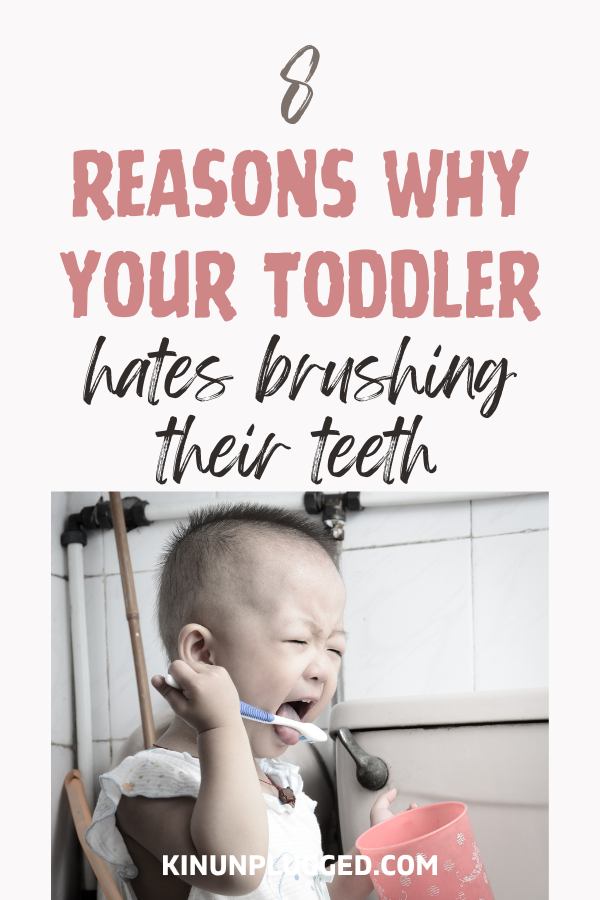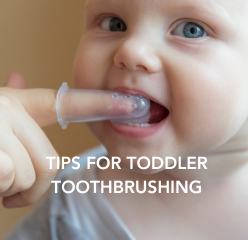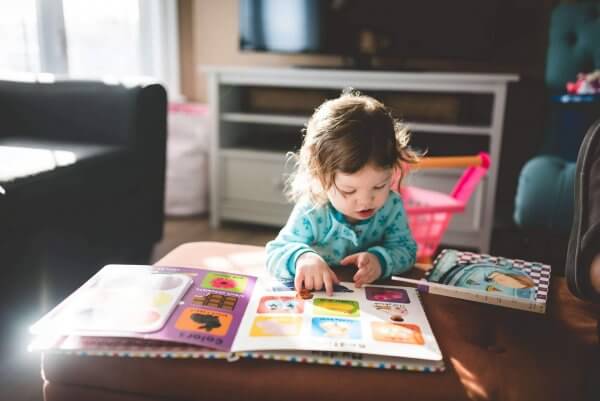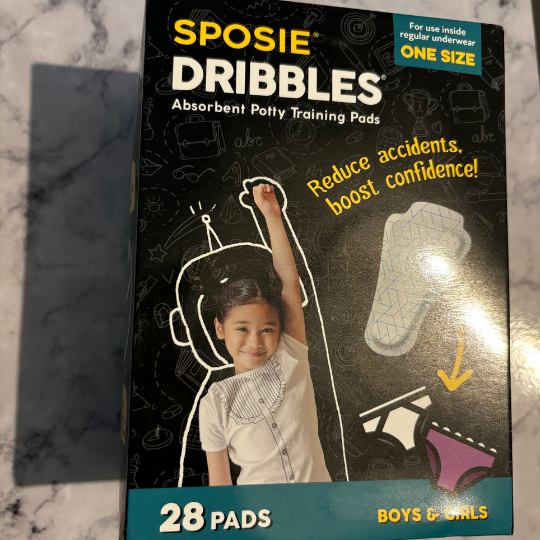Taking care of your toddler’s teeth is crucial for their overall health and well-being. Unfortunately, it’s also something that can become an arduous task. Helpful tips for toddler brushing might be just what you need.
These tips for toddler brushing will provide you with the insights you need to make brushing their teeth both manageable and beneficial. From gentle techniques to engaging activities, you’ll find tips below to set you on a good path for a lifetime of beautiful and healthy smiles.
Disclaimer: For any dental advice, please consult your dentist or your child’s dentist.
What happens if I don’t brush my 2 year olds teeth?

- Tooth decay. Not brushing can allow food particles and bacteria to accumulate on the teeth, leading to the formation of plaque and eventually cavities. Baby teeth are essential for speech development, proper chewing, and maintaining space for permanent teeth. Cavities can cause pain and affect your child’s ability to eat comfortably.
- Gum problems. Poor oral hygiene can lead to gum inflammation, also known as gingivitis. This can cause discomfort, bleeding, and swelling in your child’s gums.
- Dental infections. Untreated cavities or tooth decay can progress to dental infections, which might require more invasive treatments like fillings or even extractions.
- Early childhood caries. Also known as “baby bottle tooth decay,” this condition can occur if your child is frequently exposed to sugary liquids, such as milk or juice, especially during sleep. It can lead to severe decay and damage to the front teeth.
- Impact on overall health. Oral health is closely linked to overall well-being. Poor dental hygiene in early childhood can set the stage for future dental issues and potentially impact speech development, self-esteem, and nutrition.
How many times a day should I brush my 2 year old’s teeth?
For a 2-year-old, it’s recommended to brush their teeth twice a day – once in the morning and once before bed.
What is the proper brushing technique for toddlers?
- Gently brush the front and back of each tooth. Hold the toothbrush at a 45-degree angle to the gums.
- Use small, gentle circular motions. Be sure to clean both the outer and inner surfaces of the teeth.
- Pay extra attention to the chewing surfaces of molars, as these areas can easily trap food particles.
- For the front teeth, brush gently in an up-and-down motion.
- Don’t forget to brush the tongue lightly to remove any bacteria.
If your toddler resists or becomes upset during toothbrushing, stay calm and patient. Try to make it a positive experience, even if it takes time to get used to.
8 Reasons why your 2 year old hates brushing their teeth

Many toddlers go through a phase where they resist or dislike brushing their teeth. There are several reasons why this might be happening:
- Sensory sensitivity
Some children are sensitive to the feeling of a toothbrush in their mouth or the taste of toothpaste, which can lead to discomfort and resistance.
- Lack of Control
Toddlers are at an age where they want to assert their independence. Brushing their teeth may feel like a task that’s imposed on them, leading to resistance.
- Novelty
Young children often resist new or unfamiliar experiences. If toothbrushing is still relatively new to them, they might need time to adjust.
- Fear of the unknown
Your child might not fully understand the purpose of toothbrushing or the importance of oral hygiene. This lack of understanding can lead to resistance.
- Teething discomfort
If your child is teething or experiencing oral discomfort, they may associate toothbrushing with further discomfort.
- Taste and texture
Some children don’t like the taste or texture of toothpaste, which can contribute to their aversion to toothbrushing.
- Power struggles
As toddlers explore their boundaries, they might engage in power struggles with their caregivers. Toothbrushing can become a battleground in this context.
- Negative Associations
If a past experience related to toothbrushing was unpleasant, your child might remember it and resist subsequent attempts.
Should I hold my toddler down to brush teeth?
Holding a toddler down to brush their teeth is generally not recommended. Forcing a child into this position can create a negative association with toothbrushing and lead to resistance, anxiety, and even fear. Approach toothbrushing in a way that is positive and respectful of your child’s feelings and autonomy.
If your toddler is resisting toothbrushing, there are more effective and gentle approaches you can take. Let’s look at them below.
What to do when your toddler won’t let you brush their teeth

- Make it fun
Turn toothbrushing into a playful activity. Sing songs, use funny voices, or let your child choose their toothbrush and toothpaste.
- Be patient
Understand that this is a common phase, and it will likely pass. Be patient and persistent.
- Lead by example
Let your child see you brushing your own teeth. They often like to mimic adults.
- Give choices
Provide your child with limited choices, such as letting them pick their toothbrush color or the flavor of toothpaste.
RELATED: Using a Finger brush vs Toothbrush for babies

- Routine
Establish a consistent toothbrushing routine. Predictability can help reduce resistance.
- Use positive reinforcement
Praise and reward your child for cooperating during toothbrushing.
- Distraction
Offer a distraction during toothbrushing, such as a favorite toy or a video they enjoy.
- Gentle approach
If your child is particularly resistant, don’t force it. Instead, try again later or the next day.
Incorporating these effective tips for toddler brushing into your daily routine can make a world of difference in your child’s oral health journey. With the right approach, you can turn brushing time into a bonding experience and help your little one build a strong foundation for a lifetime of healthy smiles.






1 Comment
This is good information. My kids had dental issues when they were young because I didn’t know how to effectively take care of their teeth. So grateful for this post since it will help so many people.